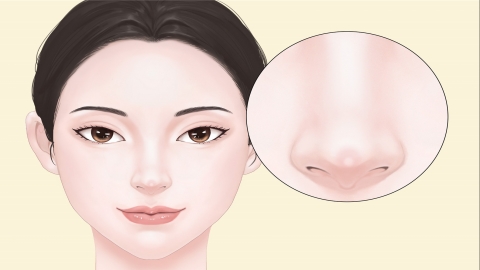How long should one avoid certain foods after rhinoplasty?
Generally speaking, rhinoplasty refers to nasal augmentation surgery. Methods of rhinoplasty include implant augmentation, costal cartilage grafting, hyaluronic acid injection, and autologous fat transfer. These procedures mainly involve augmenting the nasal bridge by implanting autologous tissue, allogeneic tissue, or tissue substitutes to improve the nasal contour. The usual reference price for rhinoplasty ranges from 3,000 to 8,000 yuan per session, with visible improvement typically seen within 1 to 3 months, although symptoms such as redness, swelling, and pain may occur. After rhinoplasty, patients should avoid certain foods for 7–10 days and continue to limit consumption of spicy and irritating foods for the following 1–3 months. A detailed explanation is as follows:

In the early recovery phase after rhinoplasty, especially before suture removal (usually 7–10 days post-surgery), patients should pay special attention to their diet and avoid foods that may negatively affect wound healing, such as spicy or irritating foods, seafood, excessively hot foods, and alcoholic beverages. These foods may irritate the surgical wound, causing inflammatory reactions, bleeding, or swelling, and could even lead to infection or allergic responses. Although the patient's recovery is relatively stable after suture removal, it is still recommended to continue limiting the intake of such foods for 1–3 months post-surgery to promote further wound healing and prevent scar hypertrophy.
Patients are advised to undergo the procedure at a reputable hospital under the guidance of a qualified physician to ensure surgical safety and stability. After surgery, it is important to keep the nasal area clean and dry. Use medical cotton swabs dipped in an appropriate amount of normal saline to gently wipe around the nostrils to remove secretions and blood crusts, while avoiding touching or pressing the nasal wound.







